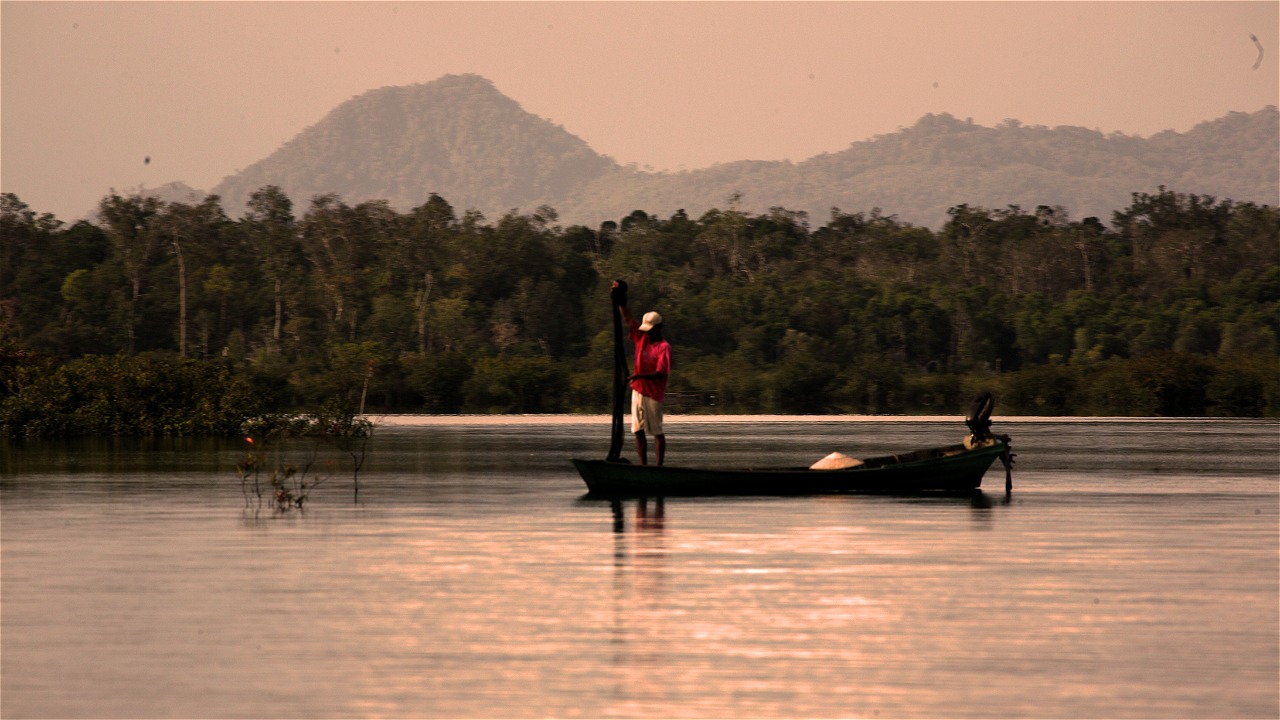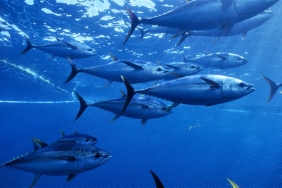WWF'S COLLABORATION WITH LOCAL NGOS IN THE FAR WEST OF INDONESIA
By Agis Riyani and Wahju Subachri
WWF-Indonesia is partnering with AAC (Aceh Aquaculture Cooperative), a local non-governmental organization (NGO) in Aceh. AAC is one of the members of JARING-Nusantara (JARNUS) which joined in February 2013. JARNUS itself is a network formed based on the initiation of WWF-Indonesia with several foundations or local non-government organizations (NGOs) spread almost throughout Indonesia. JARNUS members are expected to facilitate the resolution of various problems that exist in coastal and marine Indonesia, such as declining fisheries resources, minimal efforts to improve fisheries, threatened food security in the fisheries sector, and the increasing demand for fish consumption in Indonesia. As a member of JARNUS, AAC implements responsible tiger shrimp farming practices in accordance with BMP (Better Management Practices) and ASC (Aquaculture Stewardship Council) guidelines.
One of the AAC-assisted farms is located in Bantayan Village, Simpang Ulim District, Aceh. This location was chosen as one of the sites for the aquaculture improvement program because it has the potential to produce good quality tiger shrimp. The AAC member farms have the right depth for tiger shrimp farming, have suitable embankments, and the farms also have a greenbelt along the farms.
An initial survey of the AAC was conducted by WWF-Indonesia's fisheries team. From the survey, it was found that the compliance rate of AAC groups with BMP guidelines was around 30%. The survey results were used as a reference to conduct an aquaculture improvement program (AIP). Furthermore, WWF-Indonesia together with the AAC is trying to continue to increase the percentage of understanding and compliance of AAC group members with the BMP guidelines for Wind Shrimp Aquaculture.
After the AAC groups have implemented responsible tiger shrimp farming practices in accordance with BMP guidelines, it is expected that tiger shrimp farming production will continue to increase. In addition, it can also maintain the existence of tiger shrimp farming products, which are native to Indonesia.





